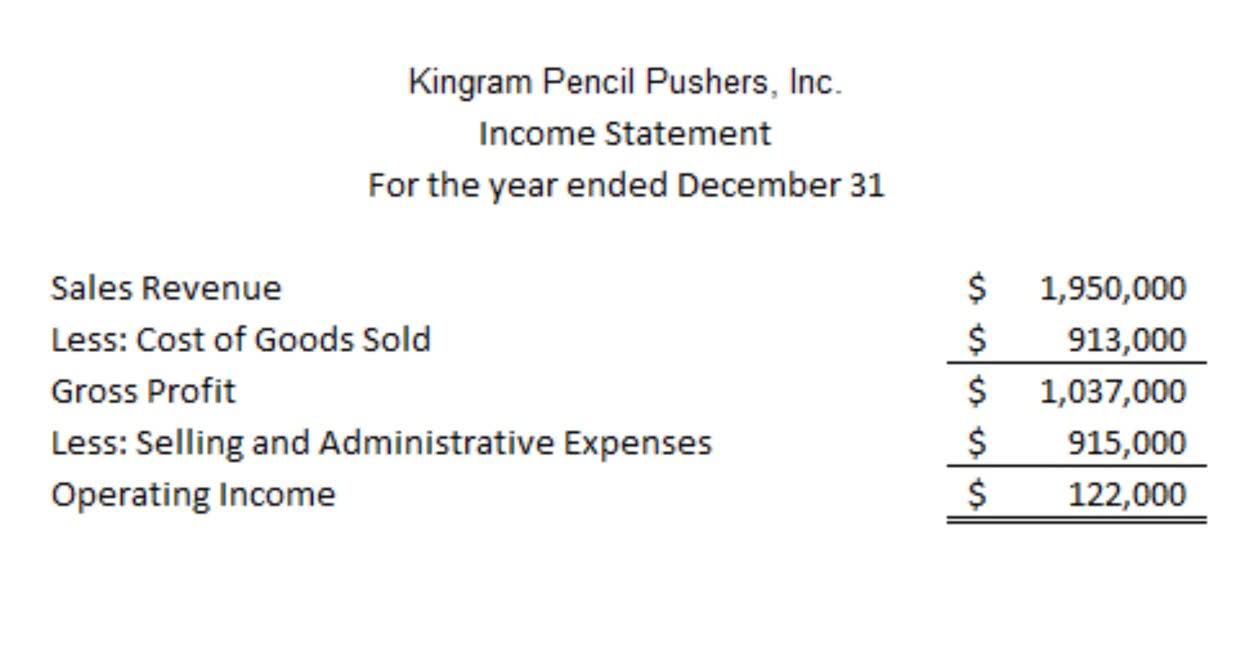
Whether you’re an individual planning for the future or a business in a global market, financial advice… By recognizing the characteristics of each method, wire transfer vs electronic transfer users can select the most suitable option for their financial needs. Both have their uses, so it really depends on the type of transfer you’re making and the most important factor to you. Investing today is about more than just maximizing returns; it’s also about aligning your financial decisions with your values. This shift has brought sustainable investment funds into the spotlight, allowing…
Send money with the Western Union mobile app
A wire transfer is an electronic funds transfer method that allows individuals and businesses to send money from one bank account to another, domestically or internationally. Unlike other EFT methods, which may take a day or more to process, wire transfers typically provide same-day funds availability, making them ideal for urgent or time-sensitive transactions. ACH transfers and wire transfers are two options for electronically transferring money to and from your bank account. ACH transfers use a network of deposit institutions called the automated clearing house (ACH) to facilitate payments, which can take a few days to complete.

Differences Between Electronic and Wire Transfers

Wire transfers are typically used to send large amounts of money quickly. For example, you may be asked to send your down payment funds via wire transfer if you’re buying a home. You can send a wire transfer through your bank, credit union, or a business like Western Union or MoneyGram.
- The receiving bank then credits or debits the appropriate accounts accordingly.
- If there are technical issues with the bank’s website or mobile app, the transfer may not go through.
- In today’s fast-paced financial landscape, understanding the different methods of transferring money is crucial.
- The credit card company sends a file with the upcoming payment details to its bank.
- While both serve the same purpose of moving funds from one account to another, they operate in distinct ways and come with unique features.
- Its name comes from the telegraphic wires that Western Union originally used to “wire” funds from one person to another.
- Prevention through accurate details and verification is key to avoiding complications with wire transfers.
What is a bank transfer?
- Both wires and EFT payments offer secure transfer systems, but EFTs have a slight edge in this area.
- Now you know the basics around how EFTs and wire transfers work, it’s time to compare the two to better understand their benefits.
- This system efficiently and securely processes various types of transactions, such as direct deposits, bill payments, and business-to-business payments.
- However, there are even faster ways to send money abroad than wire transfers, like specialist money transfer providers.
- The speed of these transfers depends on the payment method, but is usually between one and three business days.
- Basically, wire transfer and electronic transfer are two different ways of sending money electronically.
Wire transfers are immediate and involve direct bank-to-bank transactions, often for urgent payments. EFTs, though efficient, can take longer depending on bank processing times and may involve intermediary steps. Wire transfers are known for their speed and reliability but often come with higher fees compared to other EFT methods. They are commonly used for large transactions, such as real estate purchases, business payments, and international remittances, where swift and secure fund transfer is crucial. Alongside this, a lot of banks use other security measures, like two-factor authentication, which ensures only the individual authorized to make the payment is able to initiate it. They’re both a really secure way to transfer money, but you should be aware of potential scams nonetheless.

He combines this experience with an in-depth understanding of online retail and public relations to help other businesses grow and succeed. Working with a payment processor Legal E-Billing that can facilitate a wide range of EFTs is a must for modern businesses. Not only will it allow you to make more international sales but will also ensure that you can track and collate your sales data from all sources in a centralised place. Once your wire is arranged the money will be deducted from your account and automatically deposited in the recipient’s bank for convenience.
Transfer fees

Electronic transfers are less direct, and must pass through the ACH as an intermediate step. This additional step adds some time to the process, and funds transferred this way may be available one to three business days after the electronic transfer begins. Individuals and businesses can use electronic transfers to move money to one or more accounts, unlike the one-to-one nature of wire transfers. In an electronic transfer, the sender initiates an electronic payment through an automated clearinghouse. Wire transfers are a type of EFTs, whereby a bank or other financial institution sends a secure instruction through the banking network contribution margin to move funds from one account to another. Electronic funds transfers are financial transactions processed automatically through an electronic payment system.
- On the other hand, wires are often used when working with tight deadlines or large amounts, such as with real estate transactions, car purchases, or federal tax payments.
- If you’re transferring money within the US, wire transfers can often be processed, sent and settled instantly, making them ideal for urgent financial support.
- Wire transfers have a bit more specificity in how they function, which makes them distinct from other kinds of EFTs.
- Electronic transfers offer speed and convenience with lower fees, making them ideal for everyday transactions.
- Rates typically range from $15 to $50 – with domestic wire transfers costing less than international ones.
- It will be up to the recipient to provide their bank account information.
Differences Between Wire Transfer and Bank Transfers
Electronic routing numbers are used for electronic transactions like direct deposits and bill payments within the United States. Wire routing numbers, distinct from electronic ones, are specifically for wire transfers, facilitating swift, cross-border money movements between financial institutions globally. If you’re sending a one-off transfer to a friend, a wire transfer may be the best method.